The book launch for Scaling-Up Community Led Total Sanitation: From Village to Nation was held on 29th April 2019 at India Habitat Center in New Delhi. Among those invited were representatives of various development agencies including World Bank, UNICEF, Practical Action, Institute of Development Studies, WaterAid, Water for People, WSSCC, Rice Institute, Aga Khan Foundation, Plan India, World Vision India, Pradan, Centre for Science and Environment and others. The event also witnessed the presence of three natural leaders from the state of Haryana where CLTS has been successfully implemented. A few members of the media also attended.
The event was inaugurated and hosted by Mr. Sisir Pradhan, who is currently a Ph.D candidate at the School of Environment, Enterprise and Development, University of Waterloo. Pradhan has worked with Kar for several years and highlighted various instances of their work together and the emergence and importance of CLTS moving forward.
Following that, Dalbir Singh, Sarpanch of Bilaspur Village from Panipat, one of the natural leaders from Haryana
elucidated his experience with CLTS, how the state of sanitation had undergone a change in his community, and how the community benefitted from CLTS. He also stated proudly that his community was now open defecation free (ODF). The author of the book, Dr. Kamal Kar then took the stage and elaborated upon the history and development of the CLTS movement and how the approach came to be adopted by various governments, non-governmental organizations (NGOs), and international agencies, citing the successful transformation in Bangladesh to an ODF country using the CLTS approach.
Kar added some anecdotes from his experiences in Asia, Africa and Latin America on the strength of collective action to end open defecation. He also briefly outlined the important CLTS case studies which have been enumerated from around the world, as well as the need, obstacles and potential to scale-up the approach, taking the journey ‘From Village to Nation’.
Following the official launch, a panel discussion was held. The panel was moderated by Dr. Kar and the speakers included Mr. V.K. Madhavan of WaterAid India, Ms. Meena Narula of Water for People, and Mr. Jamie Myers of the Institute of Development Studies, University of Sussex. As the theme of the event was ‘Behaviour Change and Human Dignity’, panellists elaborated upon a wealth of topics including gender impacts, subsidies for sanitation hardware, access to latrines, the Swachh Bharat Abhiyan (SBA), and the ways forward for the CLTS movement.
While Madhavan applauded the national importance given to the SBA as a movement against open defecation, he stated that the program and the CLTS approach must be retrofitted to address the emerging challenges of inclusion, sanitation demands and post ODF sustainability in this journey towards total hygiene. He said “the CLTS approach is not only an effort to help people build toilets and use them. It is meant to help people transform towards hygiene behaviour”, thereby drawing attention to the next phase of WASH concerns.
Similarly, Kar praised the SBA but also stated that sanitation has turned from a people’s movement to the
government’s movement requiring more participation for sustainability. While Myers shared his experiences
from India and Africa to highlight the idea and impact of gender specific sanitation interventions, Narula
expanded on the need for an intermingling of local culture and practices towards bringing forth sustained
behaviour change for human dignity.
Members of the audience then posed a number of questions to the panellists, which focused on issues related to modifying CLTS in the future, CLTS solutions for women’s dignity and gender parity, institutional triggering, political factors, efficacy of subsidies, and others. The panellists shared their thoughts on making this a holistic movement with special focus on these emerging concerns.
After the panel discussion, Pradhan expanded upon the book, citing its various sections, case studies and
findings. He also described its various uses for the future of the CLTS program development and
implementation, as well as notable anecdotes from its writing and publishing. Mahesh Kumar, Sarpanch of
Basara from Haryana then took the podium to illustrate his experience with scaling up CLTS. He stated that
the momentum of the CLTS approach in Haryana was established because his village was involved in
helping neighbouring villages become ODF after becoming ODF itself. He emphasized that this strategy is
an effective way to build support and traction for CLTS.
The event was concluded with the closing address by Ms. Urvashi Asthana from Practical Action, India. She
thanked the various organizations, media and community members for attending the event and making their
presence felt. She also stated that this book marked the beginning of a new phase for CLTS.
About the Book
The book has been written by Dr. Kamal Kar, and is an extensive account of how the CLTS movement came about, got adopted/institutionalized by governments and other agencies, and spread across the world. It includes methodologies for influencing the sanitation policies at the national level as well as ‘triggering’ villages/regions/districts to initiate and sustain collective local action against open defecation. A major publication after more than a decade since the Handbook on CLTS was published in 2008, the book also encapsulates case studies from across the world with special emphasis on scaling up and institutionalization of the CLTS approach.
The book is available for purchase online at:-
- https://developmentbookshop.com/scaling-up-community-led-total-sanitation?fbclid=IwAR3brsAlCqgxGAqrzVvOYuGqs6fgO5ueqsc75ahl0vCnQHLhUXZMd8rUvzc
- https://www.amazon.in/Scaling-up-Community-Led-Total-Sanitation-village-ebook/dp/B07NNRYBQ3/ref=sr_1_1?keywords=scaling+up+CLTS&qid=1557120725&s=gateway&sr=8-1-spell


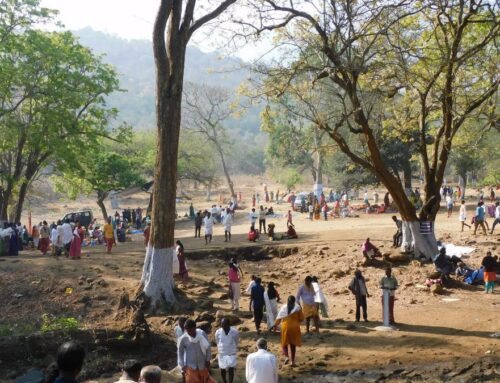
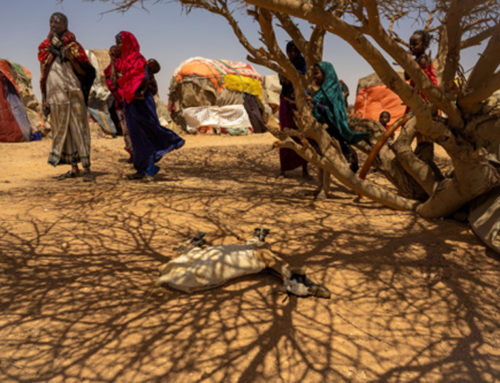
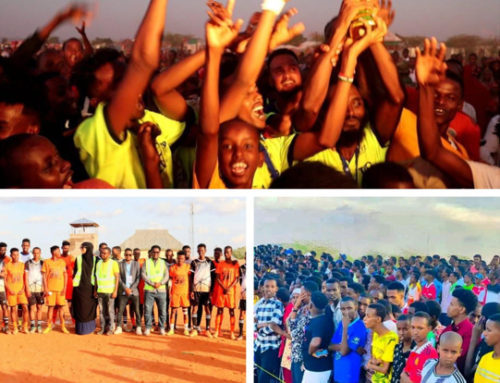
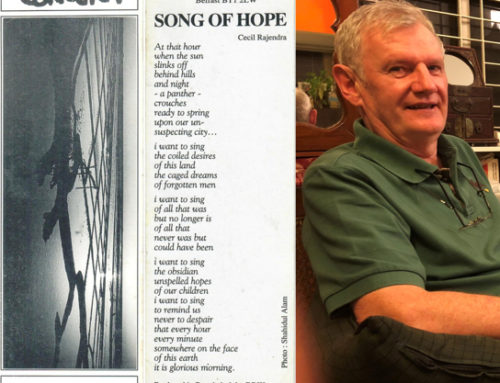
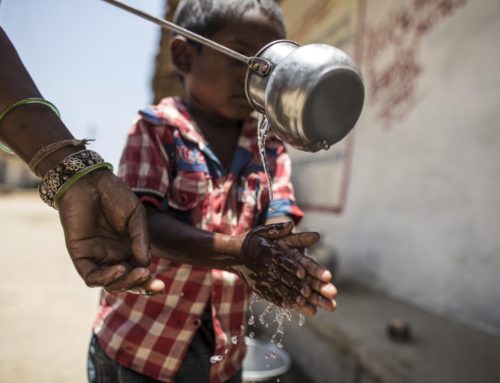
Leave A Comment